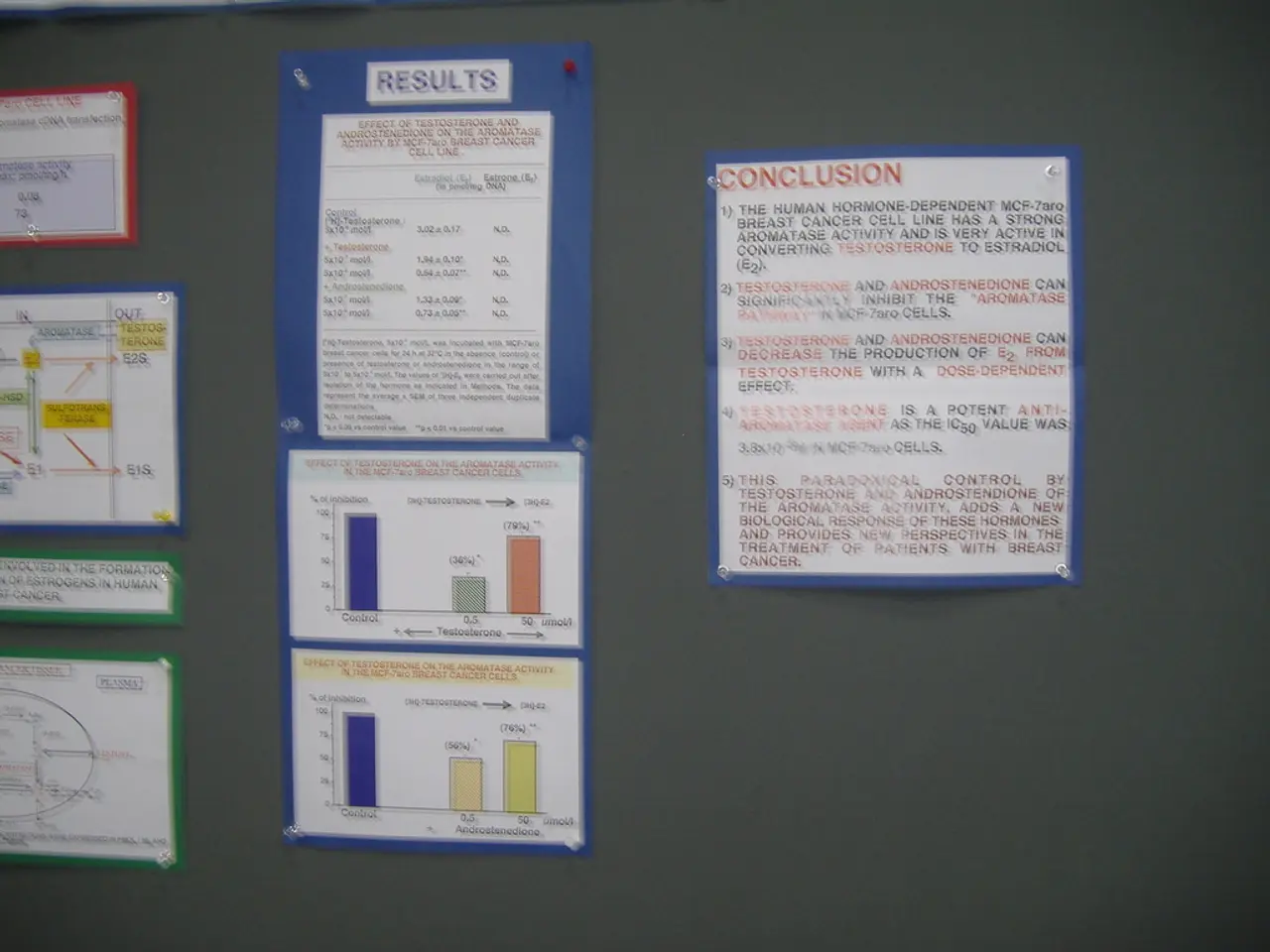SEBI's Approved Framework to Enhance LP Benefits, Accelerate Deals, and Attract Global Investment
Recent regulatory updates by the Securities and Exchange Board of India (SEBI) and the Reserve Bank of India (RBI) have introduced significant changes to the Alternative Investment Funds (AIF) framework in India, impacting both Limited Partners (LPs) and General Partners (GPs) significantly.
SEBI’s Regulatory Changes
New Flexibilities for Large Value Funds (LVFs)
SEBI's August 2025 consultation paper proposes easing rules for LVFs, a sub-category of Category II AIFs targeting accredited investors with a minimum ticket size of ₹70 crore. These changes could allow easier participation, fewer restrictions, and streamlined compliance for high-value investors such as family offices and institutional players. This flexibility aims to encourage deeper domestic and global private market investments.
Proposal for Accredited Investors Only (AI-only) AIF Regime
SEBI is working on a new AI-only AIF regulatory regime with significantly reduced compliance and investor protection requirements. This regime intends to empower AIF managers (GPs) to conduct initial accreditation checks on investors, thereby easing operational burden while enabling sophisticated investors (LPs) to back higher-risk ventures more efficiently. This reflects SEBI’s goal of balancing risk with regulatory ease for accredited investors.
Amendments to Category II AIF Investment Rules
The SEBI Amendment Regulations, 2025, clarify that Category II AIFs can invest in unlisted securities or rated debt securities, directly or via other AIF units, as per disclosures in offering documents. This provides GPs with clearer investment strategy guidelines while enhancing transparency for LPs about fund investment mandates.
RBI’s Key Regulatory Steps
RBI (Investment in AIF) Directions, 2025
RBI has imposed stricter exposure caps, mandatory provisioning, and enhanced focus on risk linked to regulated entities’ (REs) investments in AIFs, effective January 1, 2026. This impacts how financial institutions like banks and NBFCs participate as LPs by regulating their capital allocation to AIFs more prudently. The directions also give some flexibility to existing investors in AIFs to comply either with past or new rules, reflecting a calibrated approach to systemic risk mitigation.
Impact on LPs and GPs
Limited Partners (LPs)
LPs, especially institutional and accredited investors, gain broader investment opportunities and more straightforward participation mechanisms under the LVF and AI-only AIF regimes, with potentially reduced regulatory overhead. However, when LPs are regulated entities under RBI’s scope, investment limits and risk controls tighten, increasing due diligence and possibly limiting exposure choices.
General Partners (GPs)
GPs benefit from clearer regulatory instructions on permissible investments and relaxed compliance under AI-only and LVF-focused proposals, enabling more agile fund management and fundraising from high-net-worth and institutional LPs. The accreditation check responsibility shifting to GPs can increase their operational role but also enhances control over investor quality.
In summary, the 2025 regulatory updates reflect SEBI’s and RBI’s dual focus on encouraging deeper, high-value investment into India's private markets while containing systemic financial risks through calibrated restrictions on regulated entities. This nuanced approach affects LPs by adjusting eligibility and compliance standards and affects GPs by redefining fund structuring and investor due diligence responsibilities.
These reforms are particularly beneficial for LPs keen on selectively backing high-conviction opportunities. SEBI is expanding accreditation criteria for investors, and these accredited-investor-only AIF schemes may offer greater flexibility in terms of structure, tenure, and commercial arrangements. The approved framework allows Cat-I/II AIFs to launch a Co-Investment scheme (CIV) inside the AIF structure, rather than using a separate portfolio management service. With these reforms, GPs can now tailor co-investment and accredited-only schemes to create a sharper, more flexible investment experience for their LPs.
Compliance with the new operational and disclosure requirements will be crucial for GPs to maintain regulatory alignment. The reforms could streamline capital deployment, enhance investor participation, and address operational bottlenecks. According to Pranav Pai, Founder and CIO of 3ONE4 Capital, these reforms signal that India's innovation capital markets are maturing to provide more optionality to global investors.
SEBI is tightening rules around side letters and differential investor rights to ensure fairness. This move could enable faster deal execution, more streamlined cap tables, and a cleaner separation between main fund commitments and deal-specific investments. SEBI's recent regulatory steps have been praised by Pranav Pai as expanding the toolkit for fund managers and introducing long-needed optionality across structures, flow, and compliance.
SEBI is planning to lower the minimum investment commitment for Large Value Funds (LVFs). Each co-investment will be a separate CIV scheme with some relaxed requirements. SEBI has approved the creation of "accredited-investor-only" AIF schemes, operating under lighter regulatory requirements. These changes aim to position the Indian PE/VC market for deeper institutional participation and more sophisticated investment structures, ultimately offering a more frictionless journey for both founders and investors.
- The new AI-only AIF regulatory regime proposed by SEBI allows AIF managers to conduct initial accreditation checks on investors, empowering them to efficiently back higher-risk ventures and easing operational burden.
- Under the LVF and AI-only AIF regimes, Limited Partners (LPs) gain broader investment opportunities, more straightforward participation mechanisms, and potentially reduced regulatory overhead, though RBI's stricter exposure caps and mandatory provisioning may tighten investment limits for regulated LPs.
- GPs stand to benefit from clearer regulatory instructions on permissible investments and relaxed compliance under AI-only and LVF-focused proposals, enabling more agile fund management and fundraising from high-net-worth and institutional LPs, while also shouldering increased operational role in conducting investor quality checks.




